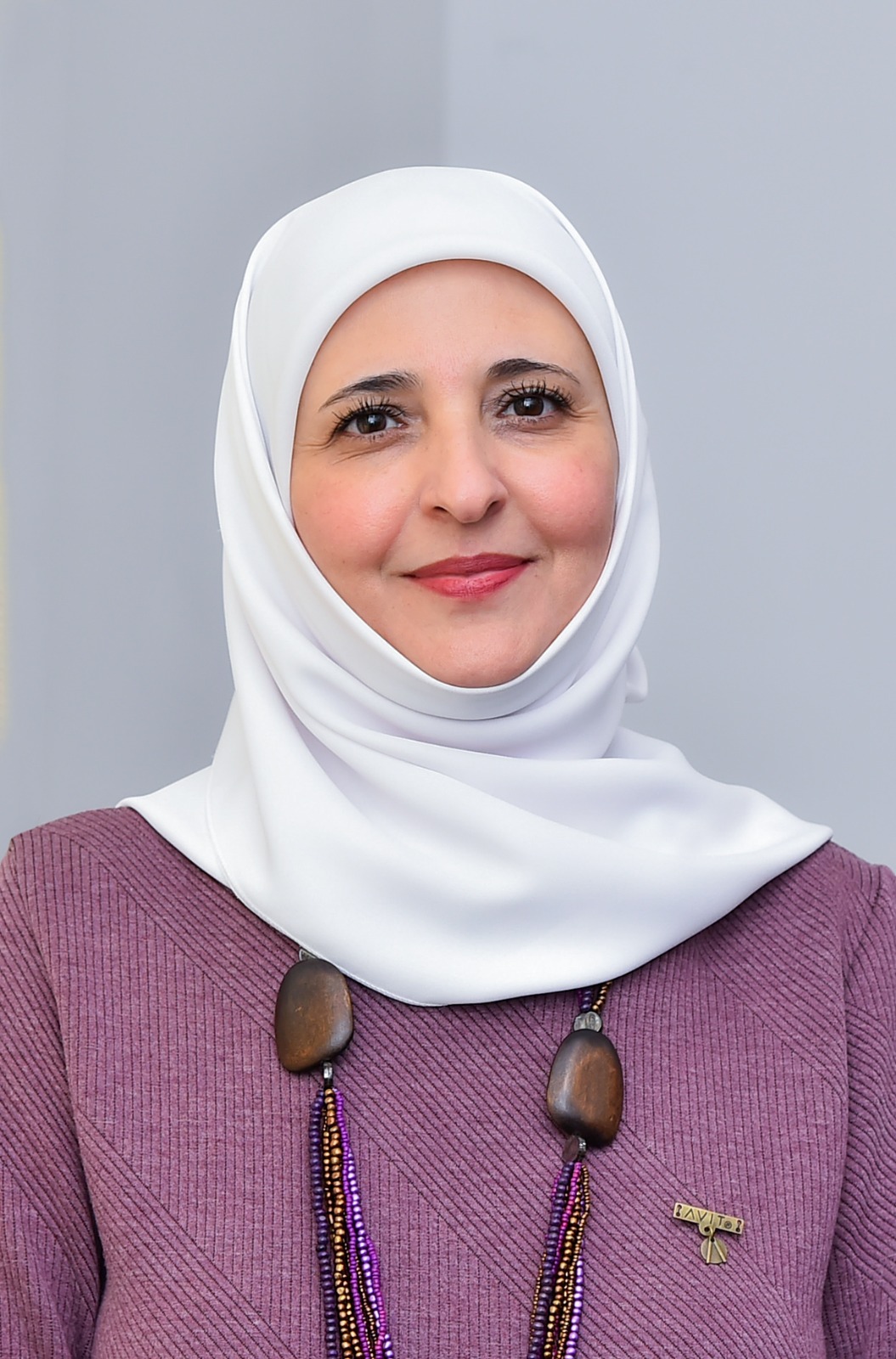Teaching
Professional Experience (Academic positions)
- Instructor forUNIV100 – First Year Seminar Course. CCP at Qatar University. (August 2020 – Present).
The First-Year Seminar is a foundational course created to provide first-year students with essential knowledge and practical skills for both personal development and academic achievement. It supports students as they make the important transition from high school to the more independent and demanding environment of university life. The course is structured around three core themes: self-awareness, understanding the university environment, and exploring broader societal and global contexts. These components guide students through an exploration of their own strengths and identities, familiarize them with campus resources, and connect their learning to the world around them.
Throughout the course, students engage in a variety of activities that foster critical thinking, such as extensive reading, community engagement, and research on topics pertinent to Qatari society. By participating in these activities, students are encouraged to see themselves as engaged citizen scholars, actively contributing to their communities while acquiring the skills necessary for continuous personal and academic growth. This approach underlines the importance of life-long learning as a way to adapt and thrive in a constantly changing world.
https://drive.google.com/file/d/1Ab79A31wiBFQqoQ2vOLjzbmqvi8NLmBS/view
At the heart of this course is the philosophy that our individual growth and success are intrinsically linked to the relationships we build within our immediate university setting and the larger community. This philosophy emphasizes that a successful and meaningful university experience extends beyond academics, involving a sense of responsibility and involvement at multiple levels: personal, communal, and societal. The course is therefore focused on helping students establish strong, meaningful connections across these levels, fostering a foundation for both personal success and effective, positive citizenship in society.
- Instructor forUNIV220 – Service-Based Learning Course. CCP at Qatar University. (August 2022 – Present).
Service-Based Learning Course is designed to provide students with experiential learning by integrating academic study with meaningful community service activities and structured reflective practice. This course enables students to dedicate at least 40 hours to community fieldwork, addressing local needs while fostering a strong sense of civic responsibility. Through this experience, students are introduced to the essential concepts, benefits, and challenges of community service. The course equips them with the knowledge and skills necessary to respond effectively to pressing community issues, encouraging them to remain engaged in societal work.
The course is structured around three core themes: recognizing the foundations of community service, applying these principles through hands-on experiences, and engaging in reflective practices to assess the impact of their contributions on themselves, others, and the broader community. Students will maintain an e-portfolio to document their reflections, showcasing the influence of their civic engagement on personal growth, their community, and society as a whole.
The philosophy of this course emphasizes the importance of understanding our role as individuals within our community, promoting active citizenship, and fostering lifelong learning. Through community-based activities, students are encouraged to see themselves as contributing citizens with a responsibility to support and uplift their society. This course strengthens relationships at three levels: personal commitment to community service, collaborative engagement with local organizations, and an appreciation for diverse societal needs on a local and global scale.
https://drive.google.com/file/d/1KjtR0fIAXjfHJ60wOMu1nJCmOGUNNgM8/view
- Instructor for Qatar History/Modern History. Humanities department -Qatar University. (September 2014 – 2020).
- Instructor for UNIV110.
- COORDINATOR and INSTRUCTOR for UNIV 110 (February 8, 2015 – September 1, 2016).
- T A, Academic Hub= Academic Oasis – CAS-Qatar University. (August 2014-August 2020).
- Academic Support instructor – Section of Academic Support | ( CAS Success Oasis)Teaching courses related to history (especially the history of Qatar, the Arabian Gulf and Islamic civilization), aiming to assist CAS new, or struggling students in paving their path to academic and long-life success, by offering academic assistance in introductory and advance courses.
- Delivering lectures in several subjects: Research methods, Communication skills, Creativity skills…ETC.
- Contributing to the development and planning of a high quality curriculum.
- Assisting in the development of learning materials, preparing schemes of work and maintaining records.
- Participating in departmental meetings, committees and faculty seminars.
- Contribution to community service.
- Administration and marking of exams and other assessments
- Providing pastoral care to students.
- In addition to my post as Teaching Assistant I am in charge of the following positions:
- Coordinator of “Student Success Committee” 2019.
- Coordinator of UNIV110 .2014-2016.
- Advisor : Open day for new students.2014-2017
- Advisor Student Representative Council.2018-2019
Teaching – Arab Cultural Association (1996 – 2005)
- Lesson preparation and delivery and assessment to a range of classes
- Giving appropriate feedback and maintaining records of pupils’ progress and development
- Researching new topic areas, maintaining up-to-date subject knowledge, and devising and writing new curriculum materials
- Selecting and using a range of different learning resources and equipment
- Pastoral duties
- Supervising and supporting the work of teaching assistants, trainee teachers and newly qualified teachers.
- Participating in and organizing extracurricular activities
- Participating in departmental meetings, parents’ evenings
Ammon College of Education Tourist. Amman, Jordan
- Teaching History and Tourism at undergraduate level
- Contributing to the development and planning of a high quality curriculum
- Assisting in the development of learning materials, preparing schemes of work and maintaining records
- Participating in departmental meetings and faculty seminars
- Administration and marking of exams and other assessments
- Providing pastoral care to students
Jordan University. Amman, Jordan During the Academic Year(1996-1997)
- Contributing to school and faculty policy and practice in teaching( Excavations )
- Contributing to the planning, design, development and review of modules and programs.
- Developing innovative approaches to learning and teaching as appropriate.
- Providing timely feedback and assessment of coursework and examinations.
- Providing general support and guidance to students, resolving issues and/or referring to specialist parties, where appropriate
